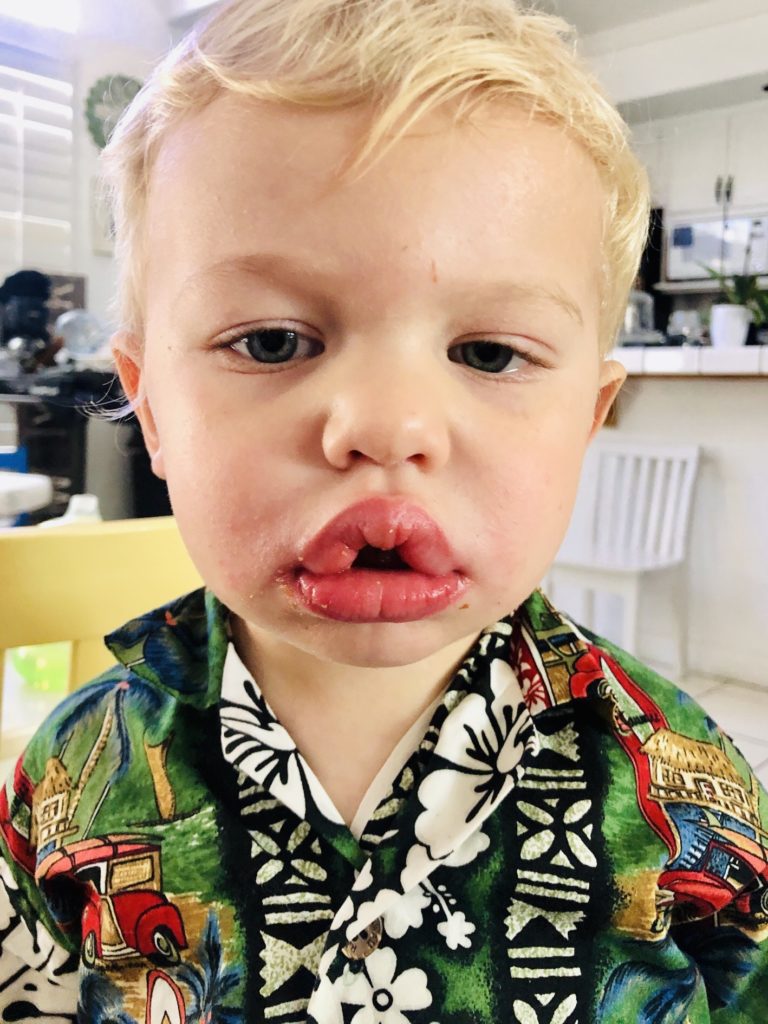
What’s a Physician Assistant? One Mom Finds Out.
The PA Will See You Now
OK parents, how many times have you been on the phone with your pediatrician’s office and the receptionist says, “Your doctor is not available, but we can get your child in with the physician assistant”?
Your nose crinkles up like you just smelled rotten milk. You’re sure the physician assistant is nice and all, but is a PA as qualified? This is your baby, your cuddle bug, your angel, your honey bucket. Not just anyone will do!
I’ll be honest and say this has definitely been me on more than one occasion. I always took the appointment, but never without apprehension. Finally after doing some rough math and realizing my one and only child may see a doctor an average of 108 times by the time he is 18 (and that’s if we’re lucky), I needed to find a way to curb my PA concerns.
So I did some research, and in one afternoon I had my answers. But I know your day is probably full of work, or karate practice, or trying to keep your kid from crawling into the dishwasher (please don’t tell me I’m alone on that one), so I decided to help my fellow parents out and break down my findings:
- WHAT IS A PA?
A highly trained medical professional who provides many of the same services as primary, specialty care, emergency, pediatric and surgical physicians.
- WHERE DO THEY WORK?
Medical offices, urgent care centers and hospitals.
- HOW QUALIFIED ARE THEY?
PAs are nationally accredited and licensed by the state.
A PA needs a master’s degree from an accredited program, a certification exam and 2,000 hours of clinical rotation.
They need to complete 100 hours of continuing medical education every two years.
A PA must take the recertification exam every 10 years.
- WHAT CAN A PA DO?
Work closely and collaboratively with physicians.
Take patient medical histories.
Conduct physical exams.
Diagnose illnesses and conditions.
Develop and manage treatment plans.
Prescribe medications.
Assist in surgery.
Counsel patients about preventive care.
Not only did I realize that PAs are highly trained and qualified to provide many of the same services as a primary or specialty care physician, but I also learned that there are more than 130,000 of them in the United States!
As fate would have it, not long after my PA research session, my toddler’s lips ballooned up to three times their normal size one morning at day care. The second the picture came through from my day care provider with my baby’s giant lips and sad eyes, I was on the phone with my pediatrician, frantic for an appointment. I heard the words “We can get you in with a PA” and I said “I’ll take it.”

Maybe I was emboldened by my recent findings, or maybe my parent panic made me forget my apprehension, but I had zero qualms about seeing the PA during this visit. And for good reason. He was awesome. He sat down with my son and me, asked a lot of questions and answered all of mine in between. He put us both at ease, and my son left with his usual perfect pout. But the best part was, he made my discerning toddler smile. My snuggle bug can see a PA any day!
Find even more information on PAs here.






















